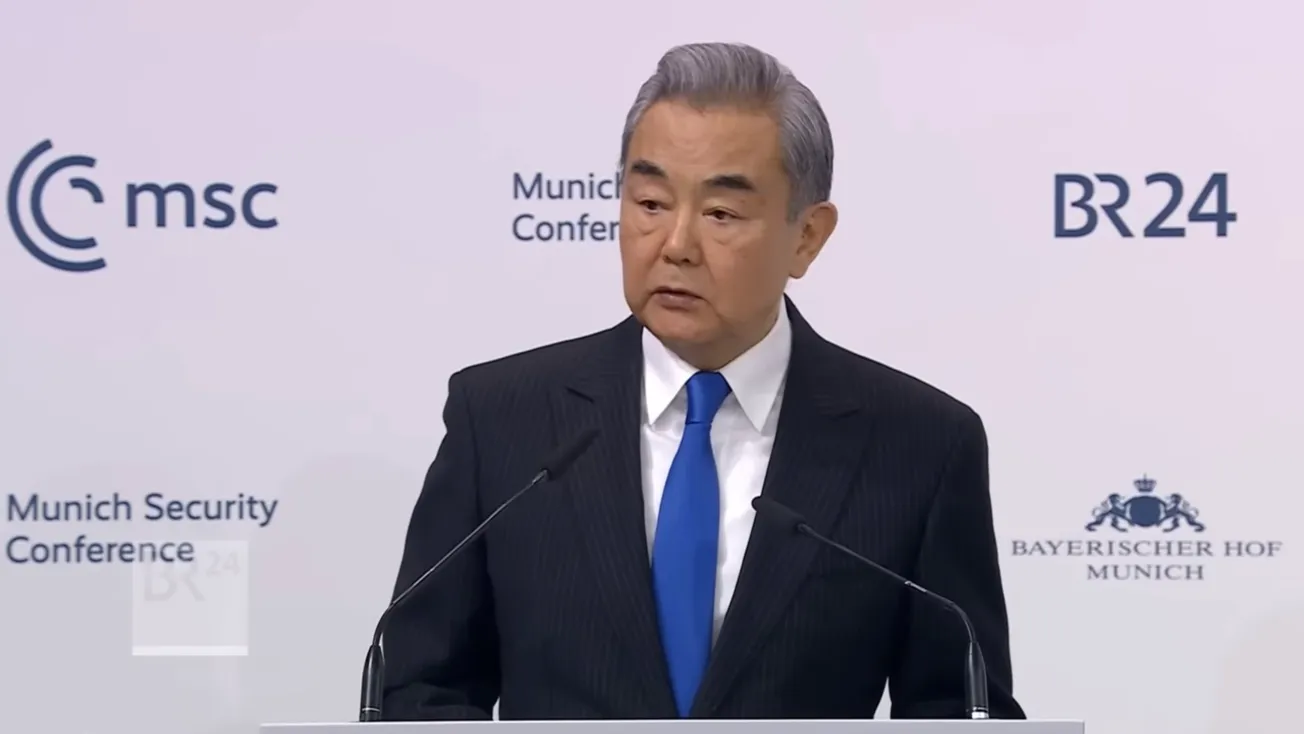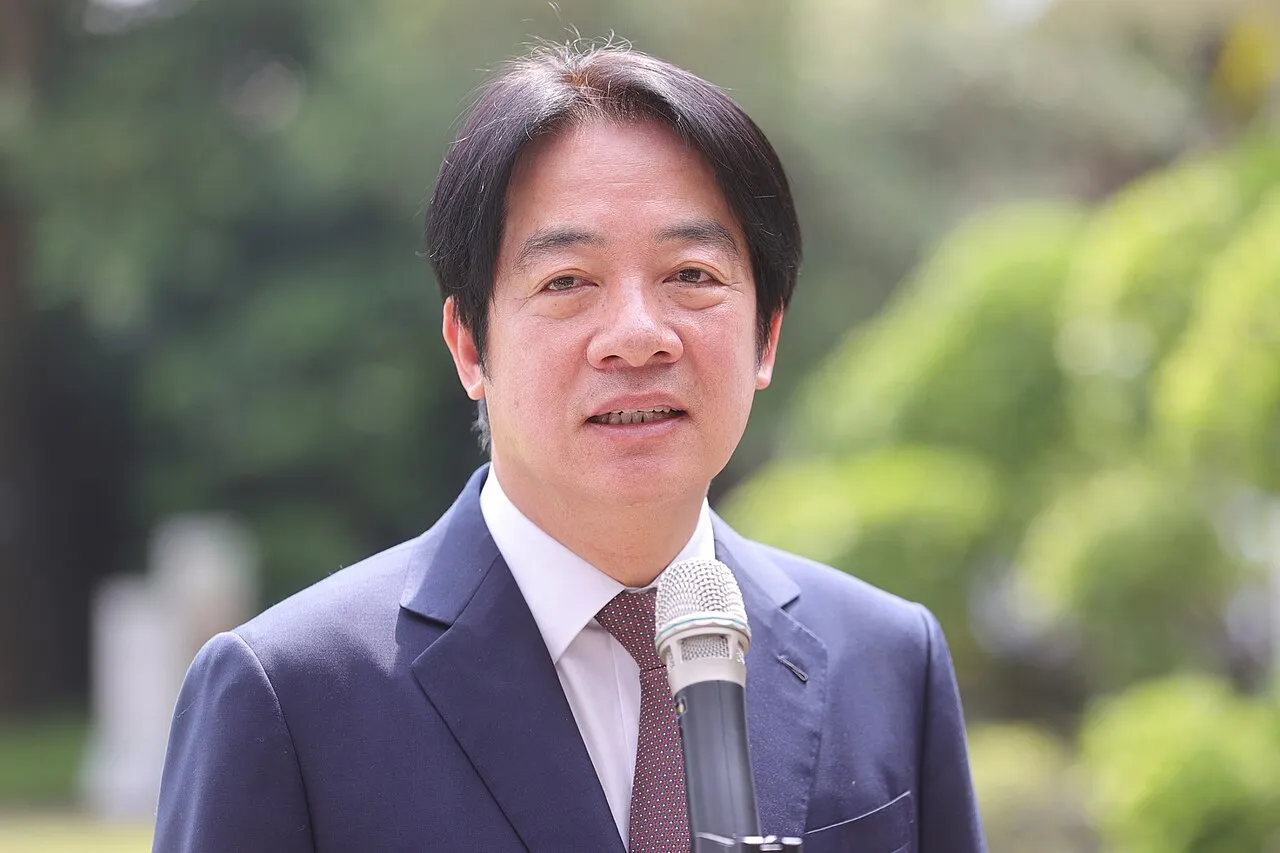Hong Kong formally opened the Office for Safeguarding National Security on July 8 in the presence of Assistant Public Security Minister Chen Siyuan, the People’s Republic of China head of home security law enforcement, underlining the importance the office has in protecting the security of the entire nation. Zheng Yanxiong, who was appointed by Beijing to be the head of the office, said that the legislation establishing the office would not affect Hong Kongers assured freedoms but was established for the well-being of the people.
The new law only addresses attempts at secession, subversion, terrorism and collusion with foreign forces. Any foreign individuals, both inside Hong Kong and outside the HKSAR, who are also involved in such operations are also subject to that law and could be apprehended if they appeared in Hong Kong. For those who are instrumental in fomenting plots the penalty can be as much as life imprisonment.
The legislation obviously offers little leeway for outside interests to use Hong Kong as their playground for undermining the P.R.C. And the establishment of the office also gives the Central Government a more direct role in assisting the Hong Kong authorities and in dealing with the issues covered by the legislation. The law and the security office have generally been well received by Hong Kong officials and most people in Hong Kong. The dissidents have been taken aback and some of the legal community are suspending judgment on the matter until they see how the law is implemented.
The British Empire crowd have gone bonkers, however, as witnessed by Secretary Pompeo’s continual drumbeat on Hong Kong. He announced today in condemning the Hong Kong security law as “the stain of the century,” that he would be presenting a new report which the (Pompeo-created) Commission on Unalienable Rights has spent a year putting together, just days after the announcement by the United Kingdom of its “Global Human Rights sanctions regime,” greeted by Pompeo with a July 6 press release applauding the British creation of a tool that “will give the U.K. a powerful new economic tool to promote accountability for human rights abuse on a global scale.”
On the upcoming report from his Commission, Pompeo boasted: “It’s an important restatement of how the United States thinks about human rights and our unalienable rights and our role, the United States role, in the world in preserving those rights for all people who are made in the image of God,” Pompeo said “And these unalienable rights are important. They extend across the world. And while we have a rights tradition here in the United States that is unique, we think much of that rights tradition extends to places beyond our borders as well.” This will no doubt be the third of the much-touted four reports attacking China by major administration officials, earlier from National Security Adviser Robert O’Brien, followed by FBI Director Christopher Wray.




